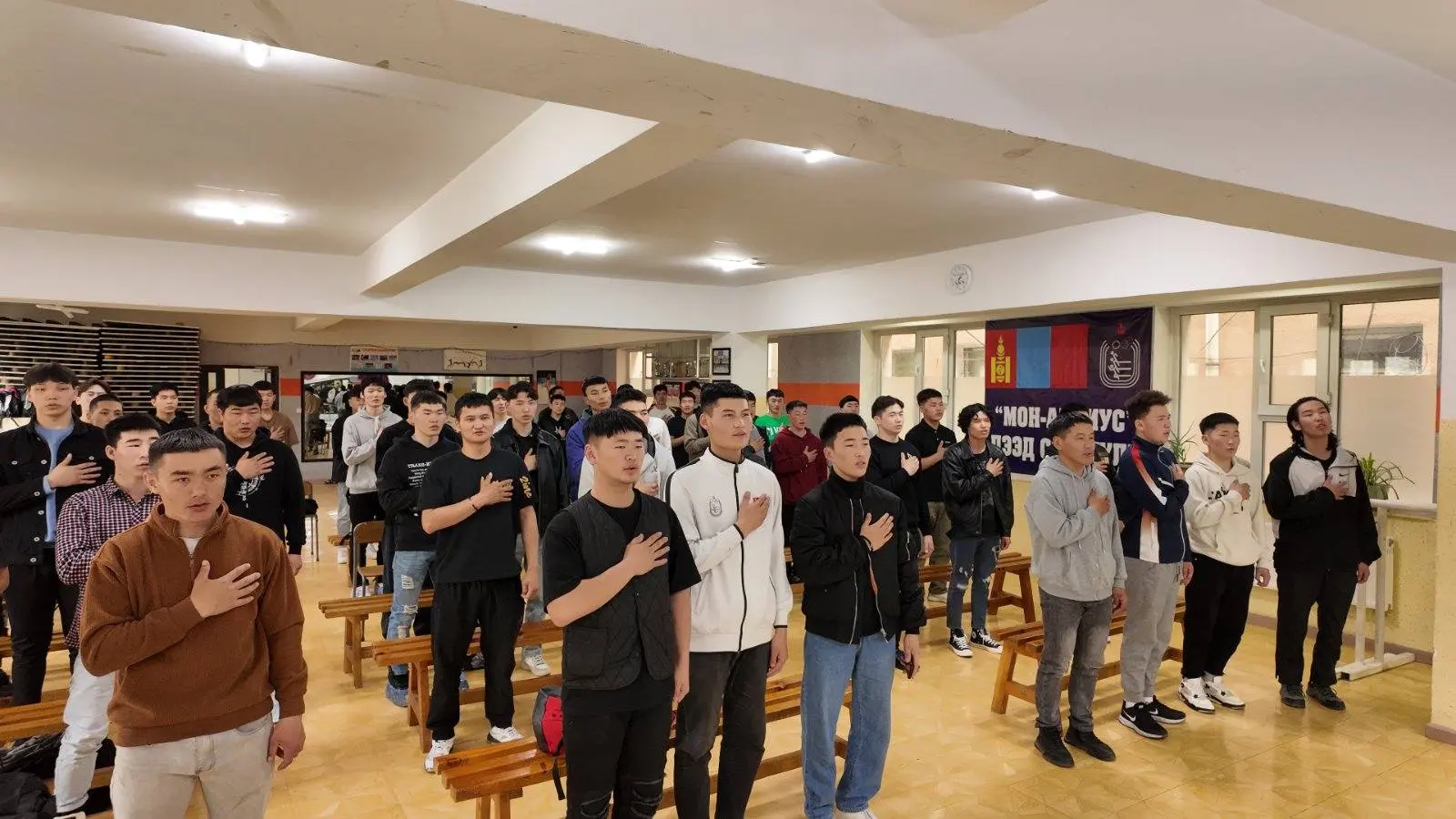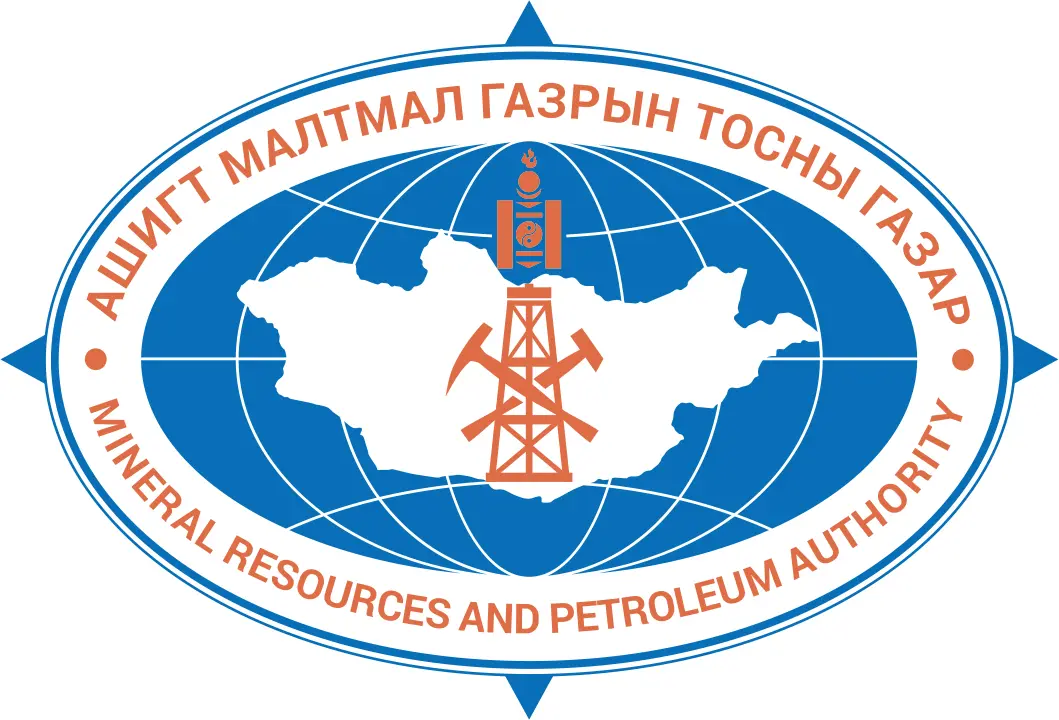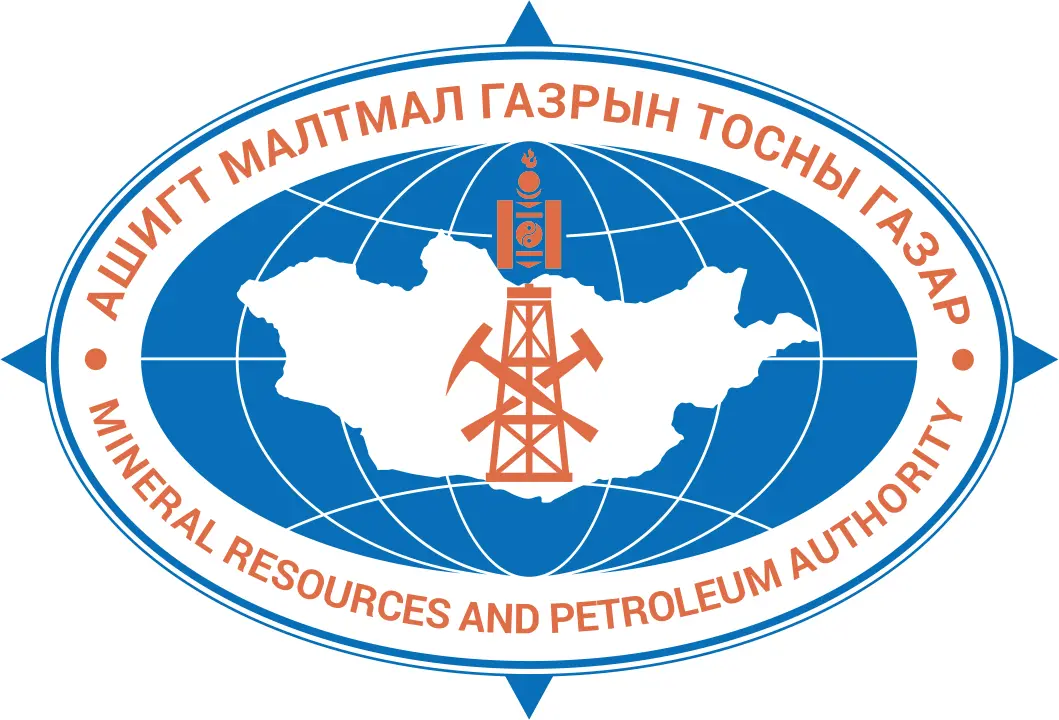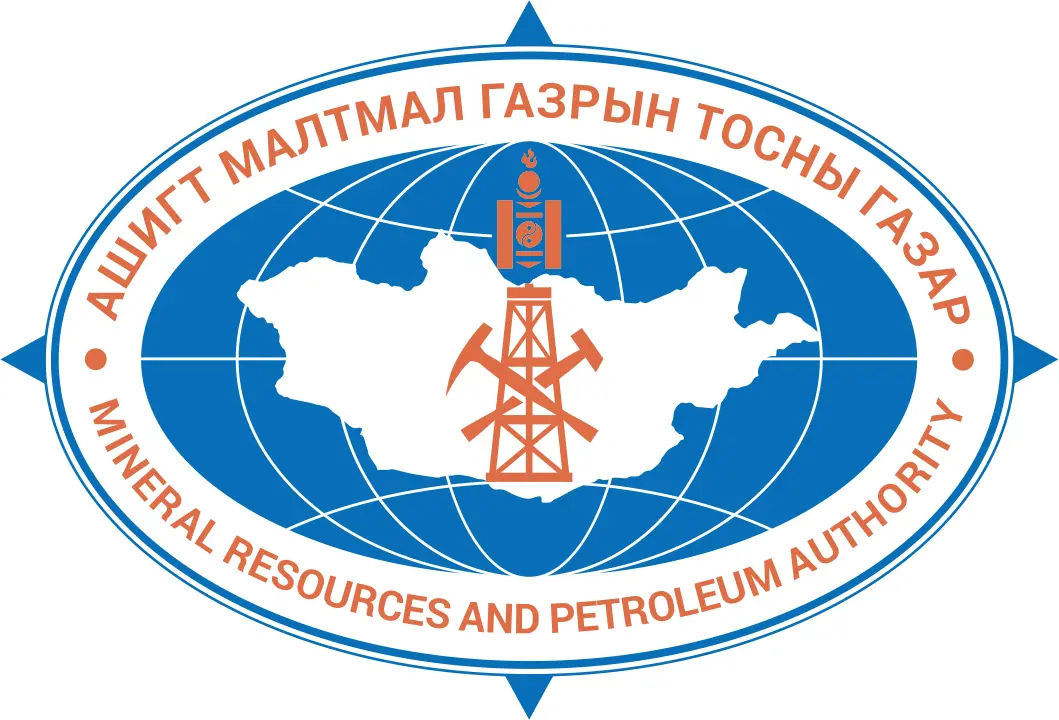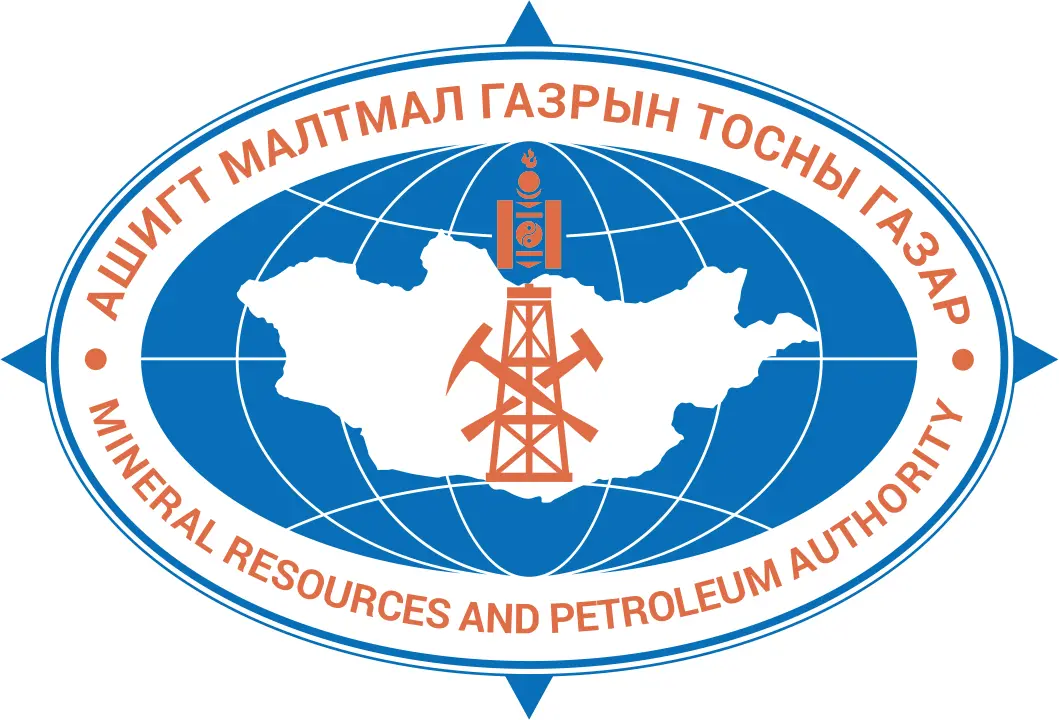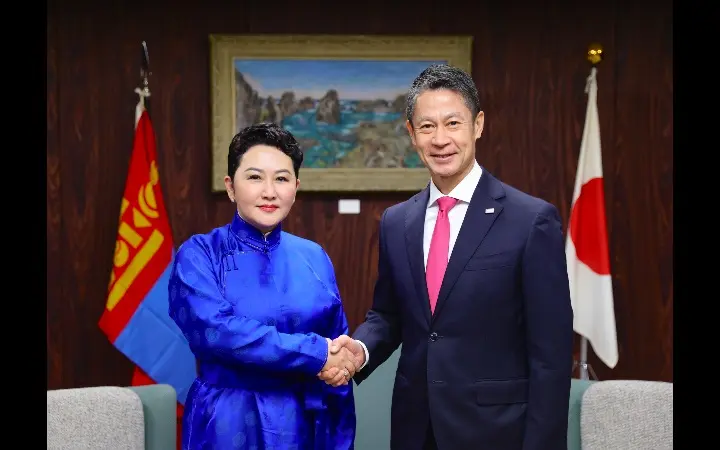
Minister for Foreign Affairs of Mongolia, B.Battsetseg is visiting Hiroshima Prefecture as part of her official visit to Japan from February 28 to March 5, 2025, at the invitation of Minister for Foreign Affairs of JapanT. Iwaya.
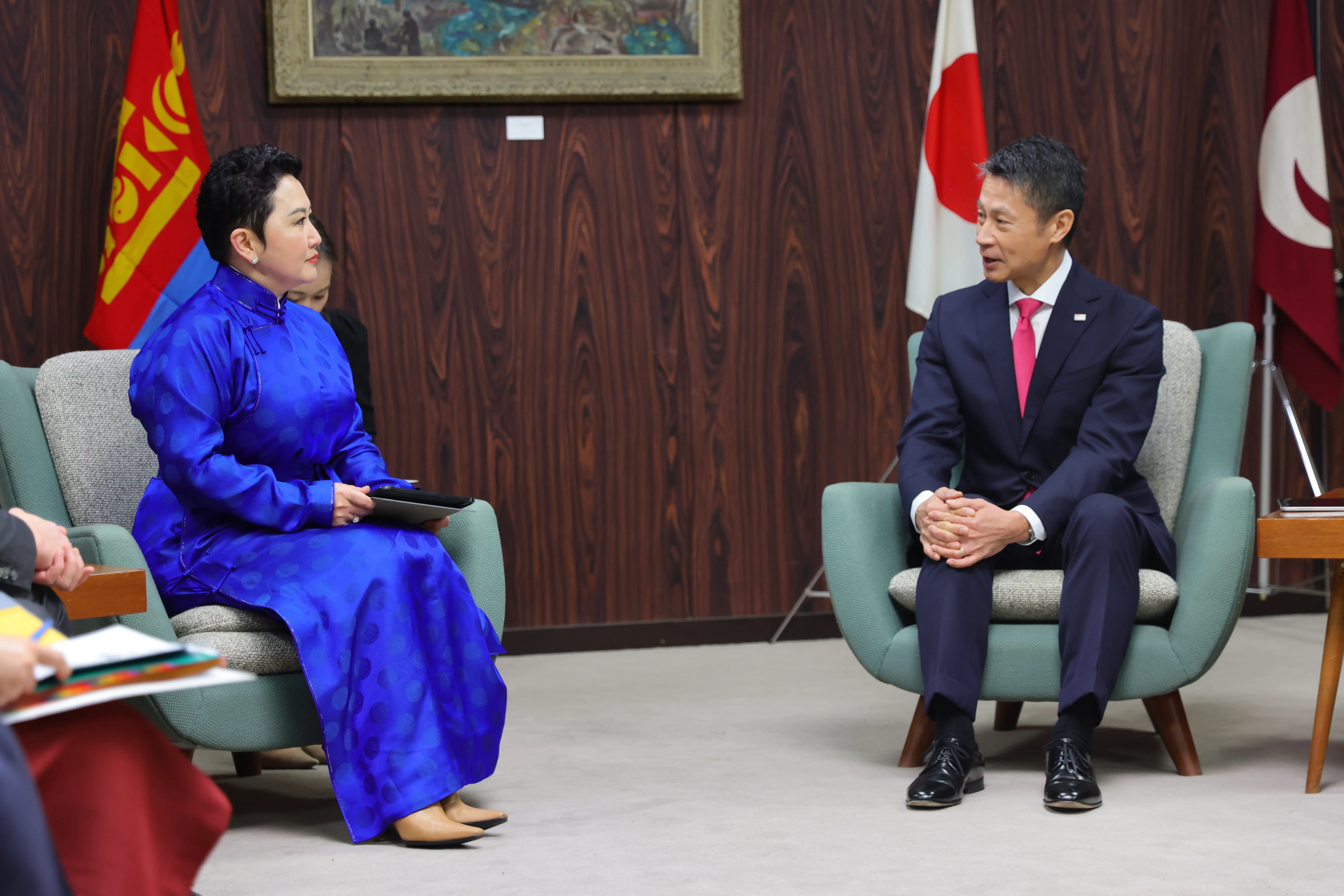
During her visit, Minister Battsetseg held an official meeting with the Governor of Hiroshima H. Yuzaki, expressing her deep appreciation for the opportunity to visit Hiroshima—a region renowned for its rich cultural heritage, historical significance as a symbol of peace, and breathtaking natural landscapes.
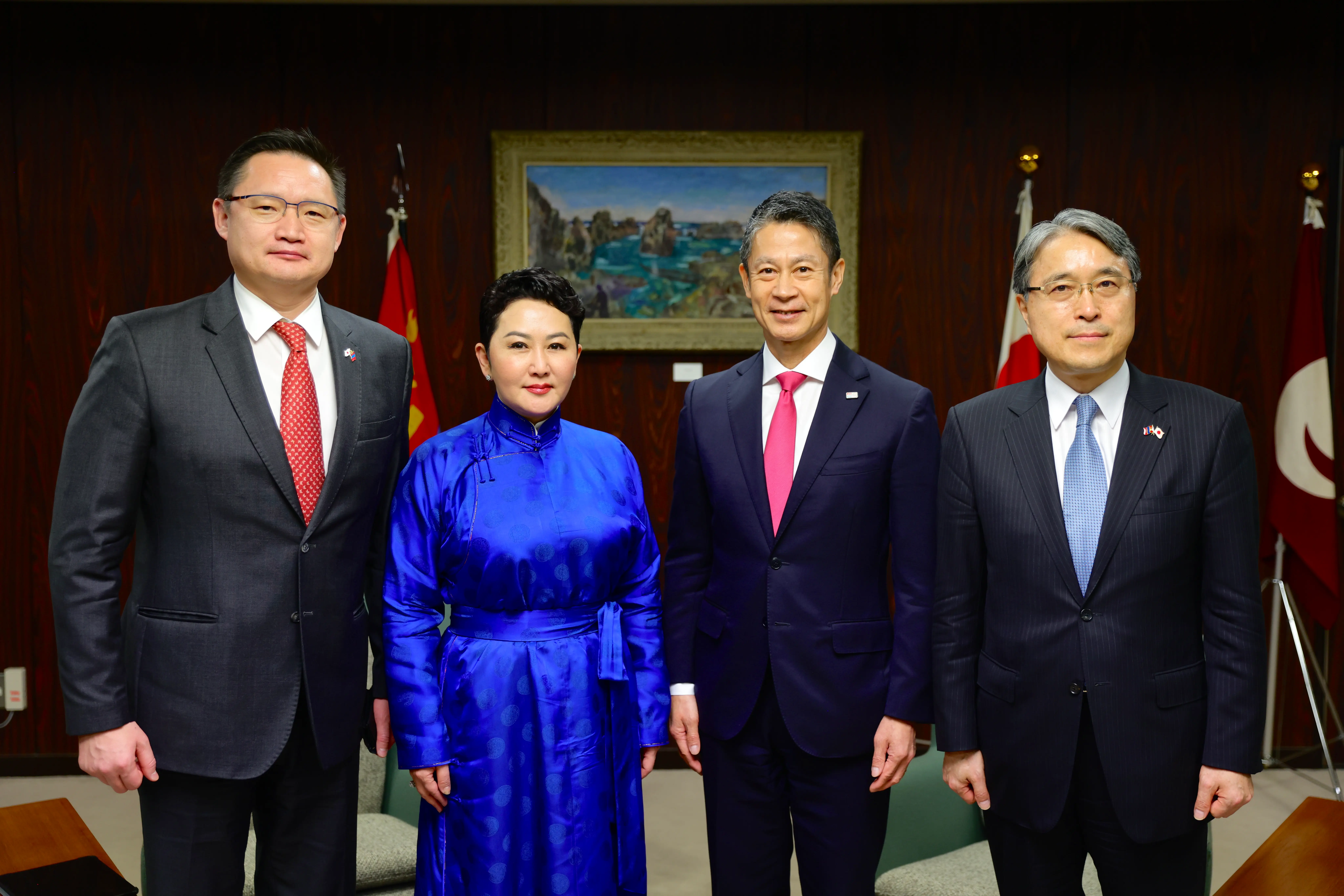
She highlighted that the Government of Mongolia is implementing a Regional development policy to support local growth and emphasized Mongolia’s interest in expanding cooperation with Hiroshima Prefecture in various sectors, including tourism, agriculture, and food production. Both parties agreed on the importance of direct collaboration at the local level and strengthening mutually beneficial partnerships between private enterprises, pledging to explore ways to support these initiatives.
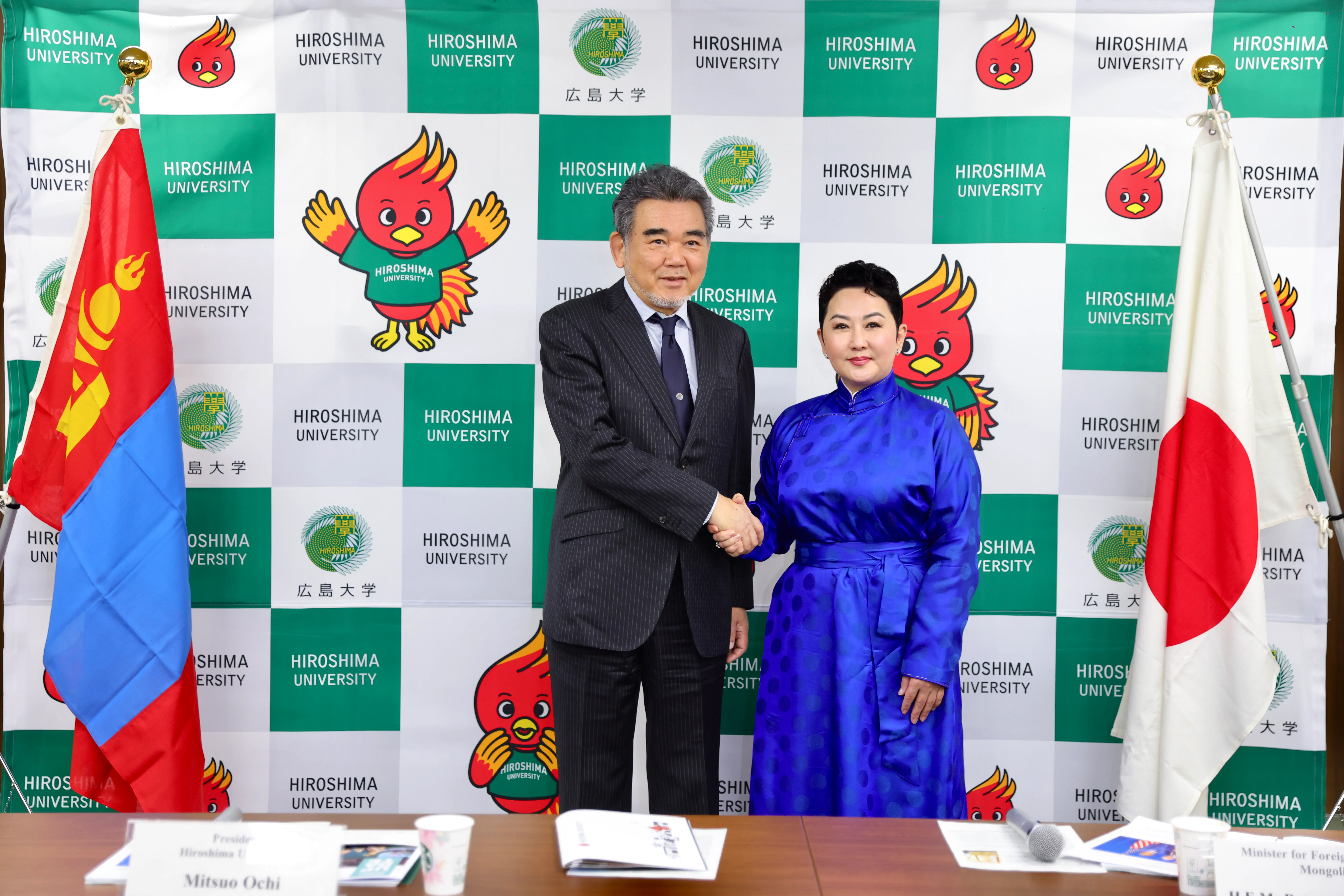
On the same day, Minister B. Batsetseg visited Hiroshima University, where she met with President M. Ochi, Associate Professor Ch. Odgerel from the Faculty of Health and Biomedical Sciences, and representatives of Mongolian students studying at the Hiroshima University. She praised Hiroshima University’s active collaboration with Mongolian higher educational institutions, including the establishment of the "Mongolian Studies Center" in Ulaanbaatar and facilitating faculty and researcher exchanges.
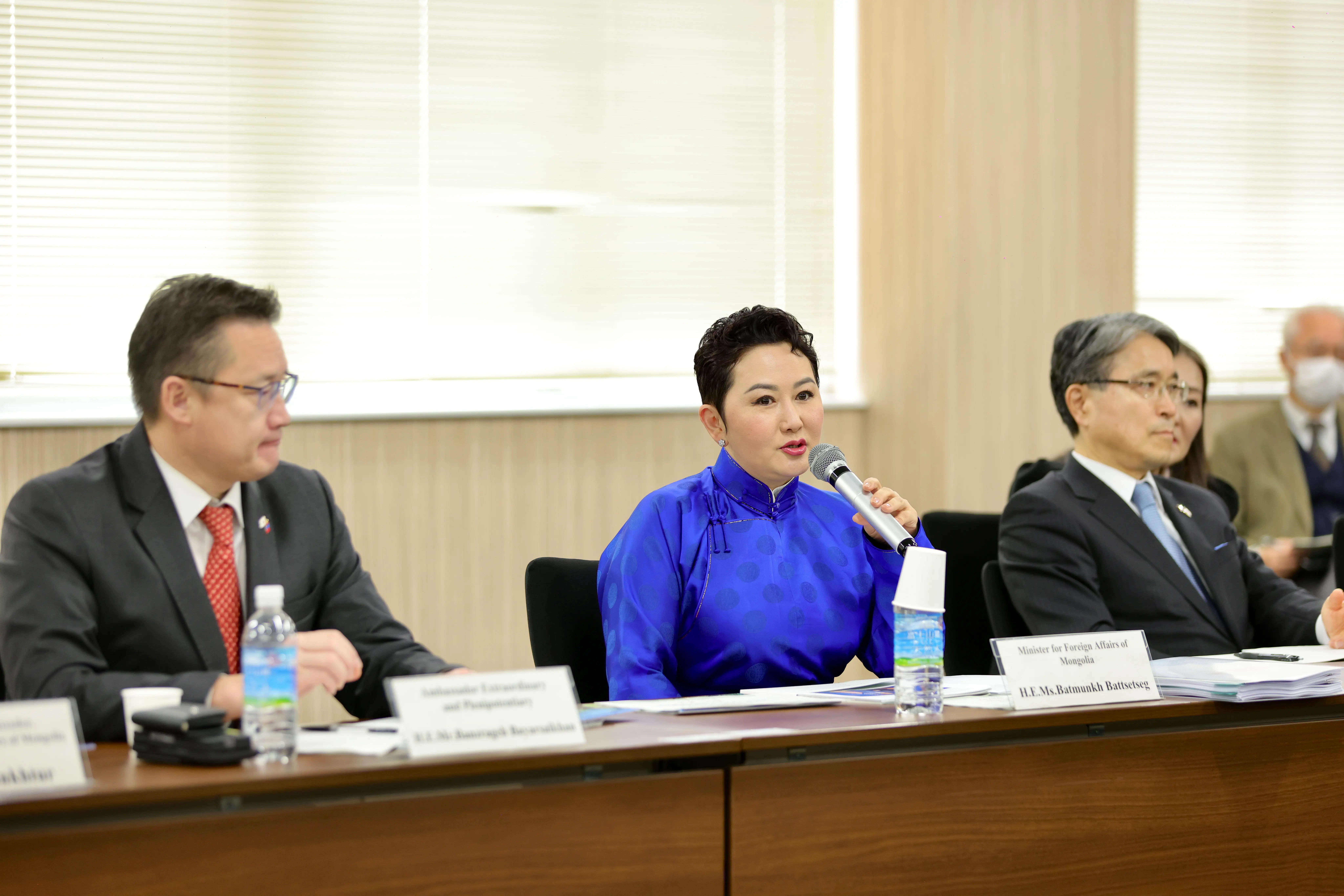
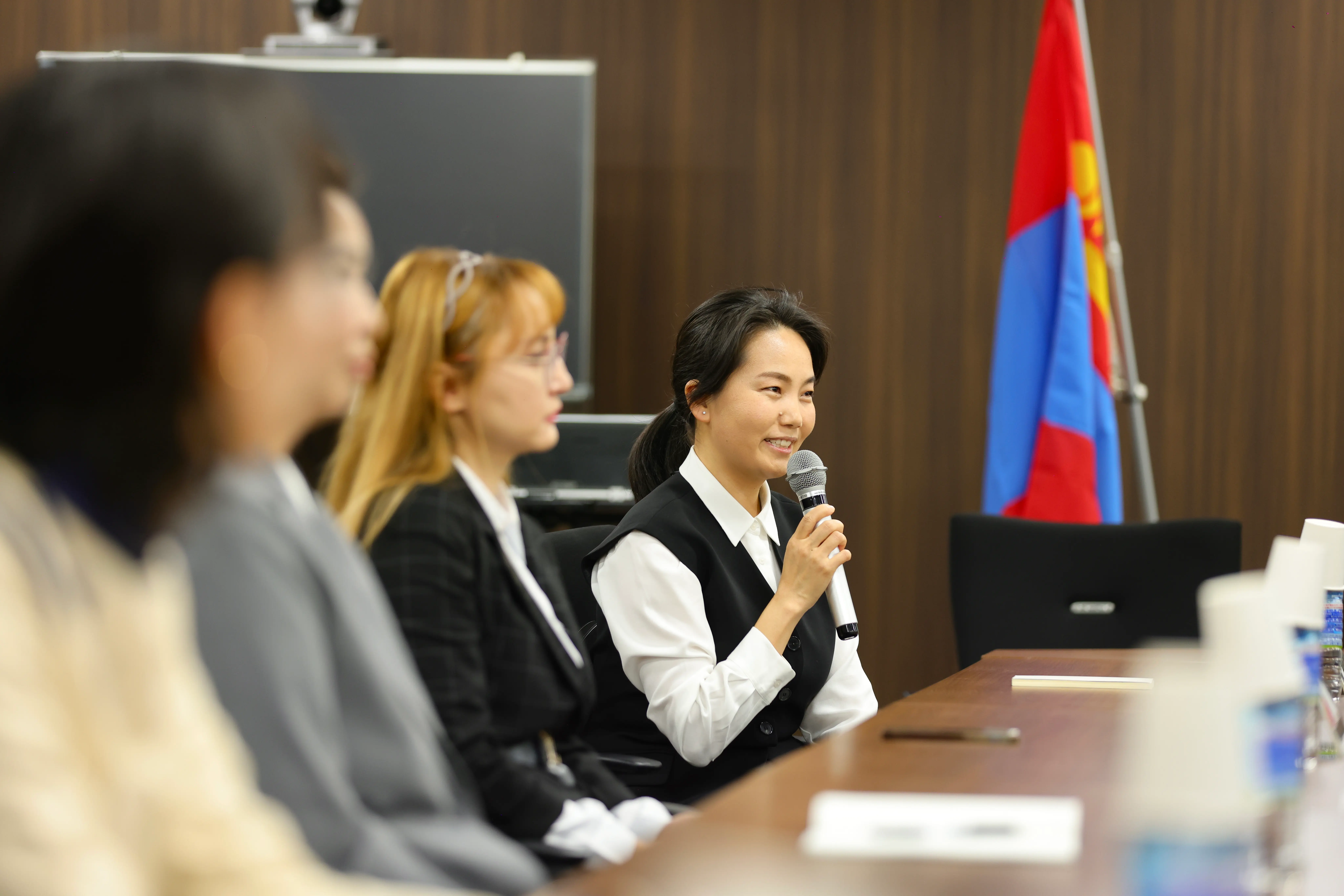
Additionally, Minister for Foreign Affairs B.Battsetseg introduced Mongolia’s "Presidential Scholarship-2100" program, aimed at ensuring equal access to quality education for all Mongolians, and discussed opportunities to increase the enrollment of Mongolian students—particularly those from rural areas—at Hiroshima University, as well as ways to train skilled professionals in the industrial sector.
Minister B. Battsetseg encouraged Mongolian students to act as a bridge in strengthening Mongolia-Japan relations and contribute to the development of the home country. She engaged in a warm and friendly discussion with them.
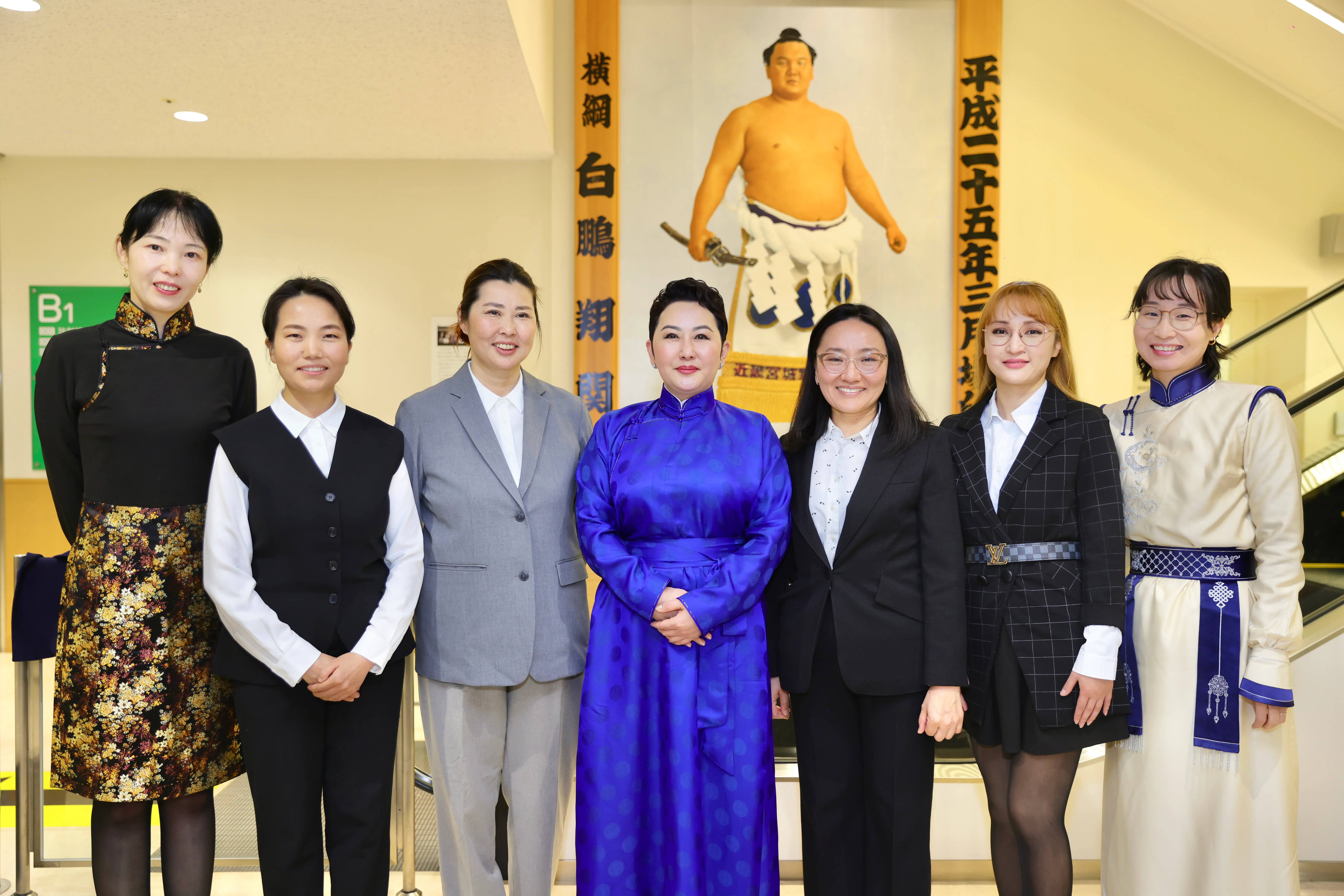
She also visited Hiroshima University's Hydrogen Energy Research Center, and was briefed on the progress of research into efficient and environmentally friendly hydrogen energy production technologies. Discussions were held on the potential for introducing these technologies in Mongolia.
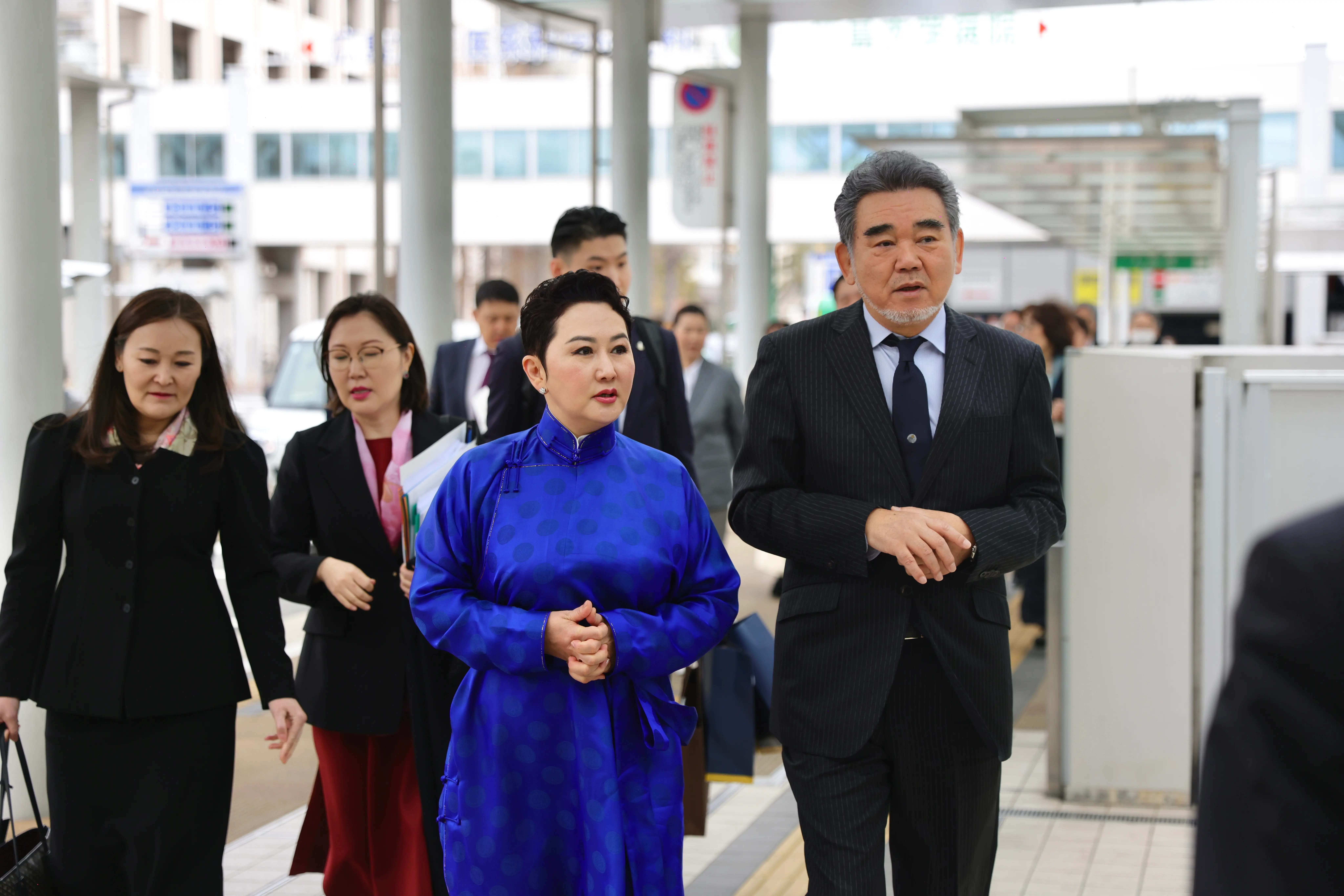
Hiroshima Prefecture is located in Japan’s western Chugoku region and is the 11th largest prefecture by land area. It is home to significant cultural and historical sites, such as Hiroshima Castle—one of Japan’s 100 famous castles, and the UNESCO World Heritage-listed Itsukushima Shrine. The region is renowned for its tourism, agriculture, fisheries, and industrial sectors, including automobile and ship manufacturing. Hiroshima is also referred to as the "Treasure House of Food" and the "Seto Inland Sea Coastal Marine Industry Hub." The prefecture hosts numerous prestigious companies, including the renowned automobile manufacturer Mazda.
Hiroshima University, established in 1949, places a strong emphasis on scientific research, innovation, and peace education. It actively collaborates with over 50 universities worldwide, successfully implementing student exchange programs and academic research initiatives.
